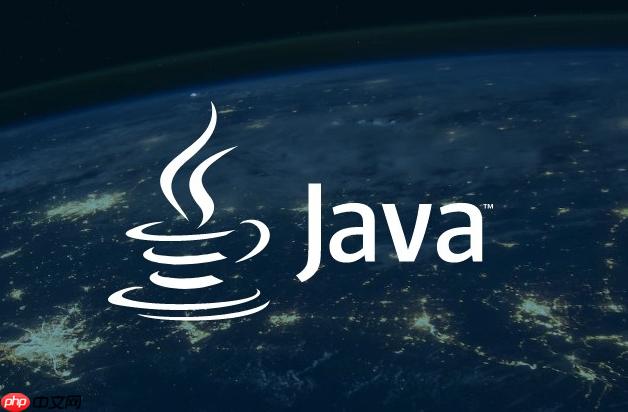答案:通过Java.time和ScheduledExecutorService实现日历提醒系统。使用LocalDateTime表示事件时间,ZonedDateTime处理时区,定义CalendarEvent类存储事件信息;利用ScheduledExecutorService每30秒轮询检查未提醒事件,到达时间即触发提醒;可扩展重复事件、持久化存储、多种通知方式及增删改查功能,适用于桌面或后台服务,需注意时区与线程安全问题。

在Java中实现日历和提醒功能,主要依赖于日期时间处理API和定时任务机制。通过结合
java.time
包和
ScheduledExecutorService
,可以构建一个轻量但实用的日历提醒系统。
使用Java 8时间API管理日历事件
Java 8引入的
java.time
包提供了清晰的时间操作方式。可以用
LocalDateTime
表示带日期和时间的事件,用
ZonedDateTime
处理时区问题。
定义一个简单的事件类:
public class CalendarEvent {
private String title;
private LocalDateTime time;
private Boolean notified = false;
public CalendarEvent(String title, LocalDateTime time) {
this.title = title;
this.time = time;
}
// getter方法
public String getTitle() { return title; }
public LocalDateTime getTime() { return time; }
public boolean isNotified() { return notified; }
public void setNotified(boolean notified) { this.notified = notified; }
}
使用ScheduledExecutorService实现提醒
Java的
ScheduledExecutorService
可以按计划执行任务。我们可以定期检查事件列表,判断是否到达提醒时间。
立即学习“Java免费学习笔记(深入)”;
基本思路是:启动一个每分钟检查一次的调度任务,查找未提醒且时间已到的事件并触发提醒。
ScheduledExecutorService scheduler = Executors.newScheduledThreadPool(1);
List<CalendarEvent> events = new ArrayList<>();
// 添加测试事件(1分钟后)
events.add(new CalendarEvent(“开会”, LocalDateTime.now().plusMinutes(1)));
Runnable reminderTask = () -> {
LocalDateTime now = LocalDateTime.now();
for (CalendarEvent event : events) {
if (!event.isNotified() && !event.getTime().isAfter(now)) {
System.out.println(“⏰ 提醒:” + event.getTitle() + ” 时间到了!”);
event.setNotified(true);
}
}
};
// 每30秒检查一次
scheduler.scheduleAtFixedRate(reminderTask, 0, 30, TimeUnit.SECONDS);
增强功能建议
实际应用中可扩展以下功能:
- 支持重复事件(如每周一提醒),可用
TemporalAdjusters
计算下一次时间
- 持久化事件数据,使用文件或数据库存储
- 添加声音、弹窗或邮件通知,提升提醒效果
- 提供增删改查接口,便于用户管理事件
- 使用
java.util.Timer
或第三方库如Quartz处理更复杂的调度场景
基本上就这些。核心是时间判断加定时轮询,结构简单,适合嵌入桌面应用或后台服务。不复杂但容易忽略时区和线程安全问题,使用时注意即可。





评论(已关闭)
评论已关闭